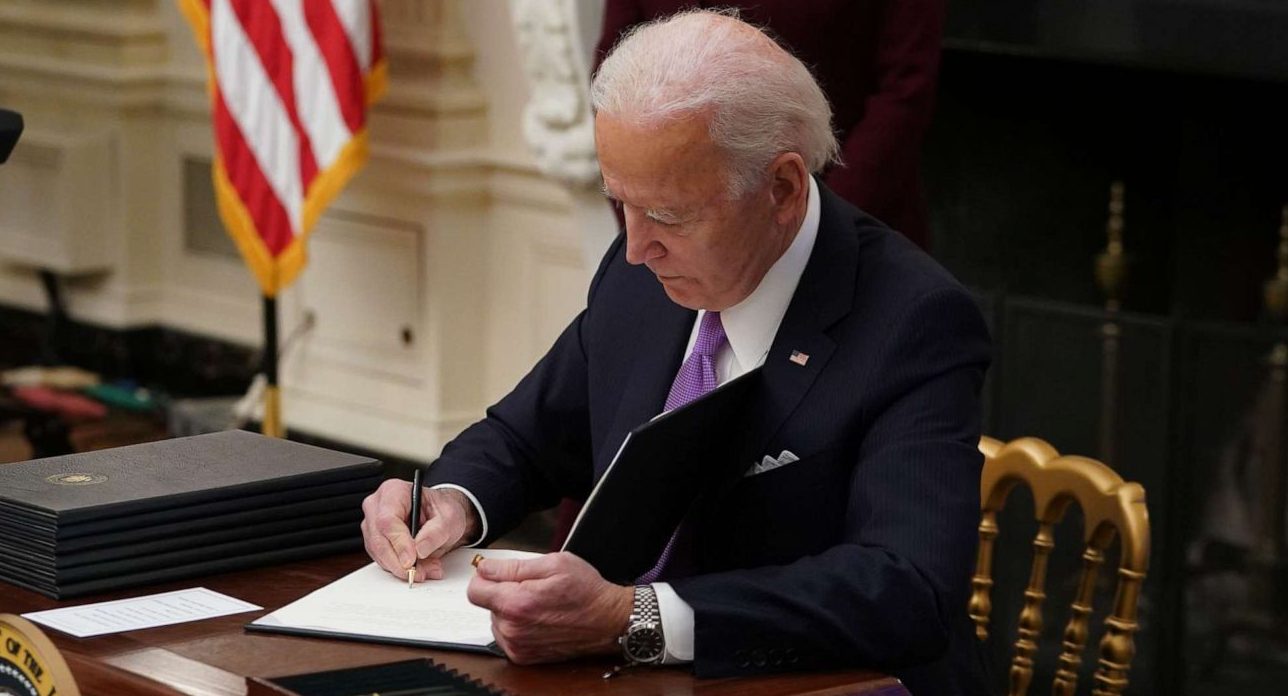
The Biden Administration has called for the promise of a $15 federal minimum wage and House Democrats are aiming to attach that to the $1.9 trillion pandemic aid bill, which would gradually raise the wage through 2025. While the radical left has been fighting to address income inequality, others argue it ultimately ensures that many Americans in low-income jobs will no longer be able to work at all.
Economists and Republicans have pointed out that income inequality is the result of multiple factors such as globalization, technological advancement, the efficient employment of capital, and changing institutions. Rep. Jay Obernolte, a U.S Congressman, wrote that the Biden Administration’s attempt at solving income inequality issues was equivalent to “putting a Band-Aid on a bullet wound.”
According to the Congressional Budget Office, around 27 million Americans would get a pay increase and 900,000 would be lifted out of poverty but that there would be 1.4 million fewer jobs. The Biden Administration received harsh blowback on the prediction, noting that our national unemployment is just beginning to recover from the economic pain of COVID-19 lockdowns. Jeopardizing recovery and eliminating jobs was never part of any “unity” plan and the wage increase would only serve to harm American workers and add stress to the already-struggling economy.
Rachel Greszler, an economist at the Heritage Foundation, talked about how businesses would cut jobs due to higher labor costs. There would be a handful of wage gains, including the prediction that the cost of childcare would increase 21% on average, or around $3,700 for a family with two kids. Others added that enforcing something that they are already doing willingly brings in folks with no experience at a rate of pay equal to those employees who have worked with businesses for years.
“We can’t absorb the costs labor-wise, we have to pass that on and the consumer in our market is only going to bear so much,” said local bakery owner Elizabeth Scott.
Greszler added that every state is unique in cost of living and that no federal policy has a “one-size-fits-all” approach to support the communities at hand. A $15 per hour wage in Mississippi would be the equivalent of making $35.74 per hour in Washington, D.C. “To say a $15-per-hour minimum wage is the living wage just doesn’t make sense. In some places, it’s actually not enough, if you’re talking about a wage to support a family. In other places, it might be an adequate wage to support a family,” she explained.
Others pointed out that a sustainable approach to raising the federal minimum wage requires an independent plan, instead of one lumped in with an already massive emergency relief package.
However, progressives have pushed back on the analysis that higher wages create fewer jobs and argued that this would only save the government “more money on major public assistance programs and increase tax revenues.” Nothing like Democrats preaching about maintaining budgets while slipping a catastrophic policy into a massive $1.9 trillion bill that supports and funds all of their pet projects. They never cared about saving jobs in the first place.



